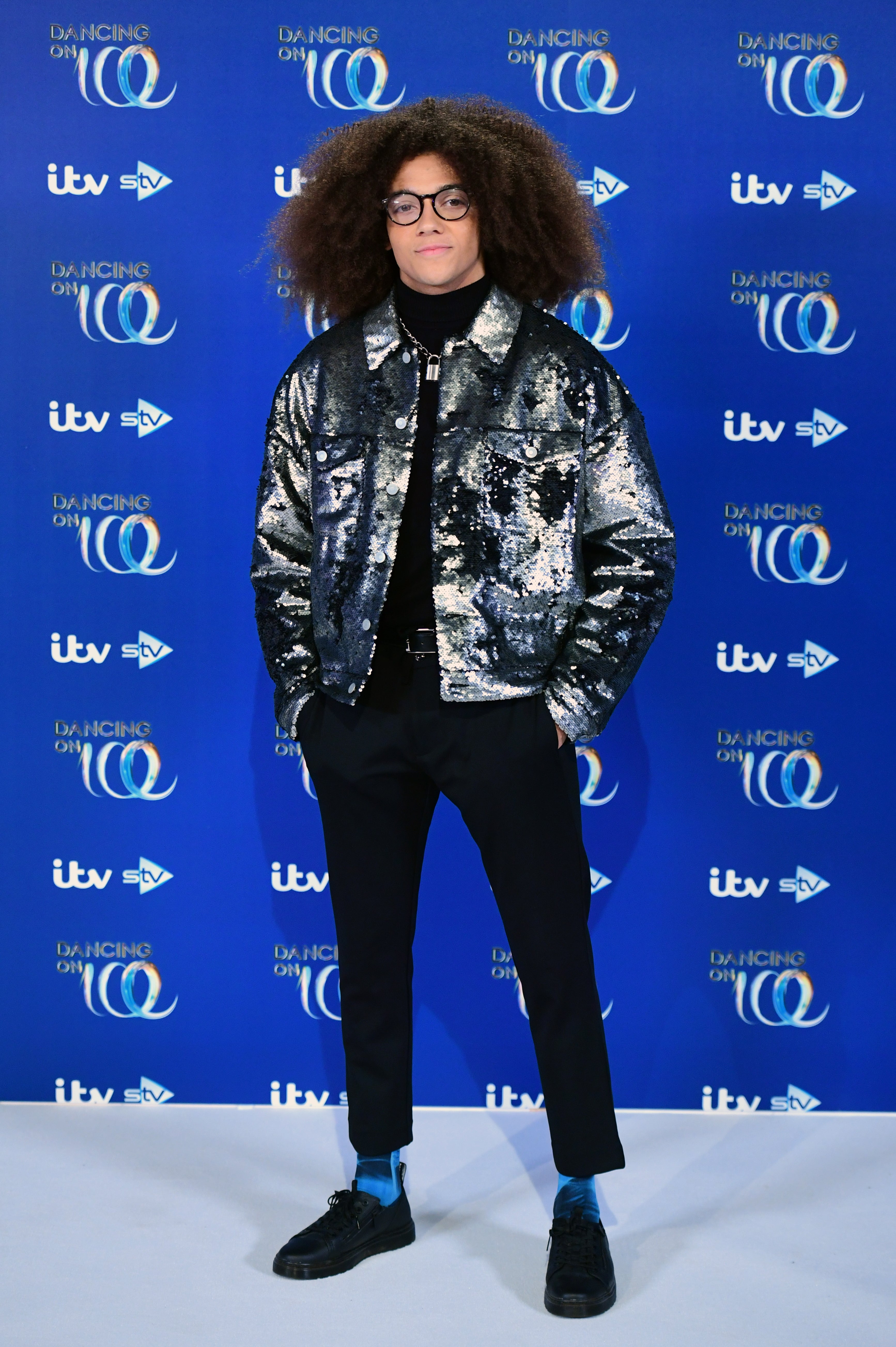Diversity’s Perri Kiely on bullying, growing up in the spotlight and dealing with nasty comments online
The dancer has created a TikTok challenge as part of a new anti-bullying campaign.

Your support helps us to tell the story
From reproductive rights to climate change to Big Tech, The Independent is on the ground when the story is developing. Whether it's investigating the financials of Elon Musk's pro-Trump PAC or producing our latest documentary, 'The A Word', which shines a light on the American women fighting for reproductive rights, we know how important it is to parse out the facts from the messaging.
At such a critical moment in US history, we need reporters on the ground. Your donation allows us to keep sending journalists to speak to both sides of the story.
The Independent is trusted by Americans across the entire political spectrum. And unlike many other quality news outlets, we choose not to lock Americans out of our reporting and analysis with paywalls. We believe quality journalism should be available to everyone, paid for by those who can afford it.
Your support makes all the difference.Bursting onto the Britain’s Got Talent stage in 2009, Perri Kiely was just 13-years-old when dance troupe Diversity beat Susan Boyle to become champions of the annual talent contest.
The backflipping teen and the rest of the super-talented crew received a standing ovation and wild adulation from viewers at home, but back at school, Kiely, now 25, found that not everyone was so thrilled about his newfound fame.
“I’ve always been someone that has stood out from the crowd, whether that’s been because of my hair or my glasses, and it’s actually a really tough thing,” he says, speaking on the phone while on a train to Blackpool (where a fellow passenger has just asked if he can do some backflips down the aisle).
When the bullying got worse after BGT, Kiely turned to his Diversity pals for support, but he realises not everyone has such a strong support system at school: “Sometimes, I think people turn a blind eye to it. It’s really important that we raise awareness and try and help out as much as we possibly can.”
That’s why the dancer and radio presenter has been appointed Head and Shoulders anti-bullying ambassador as part of the Free The Shoulders campaign, and created a TikTok dance challenge inspired by the “horrible situation” he faced at school, to encourage kids of all ages to “brush that off and have a little dance”.
We chatted to the former Dancing On Ice contestant about learning to cope during difficult times, and how he deals with social media bullies now.
What was your personal experience of bullying at school?
“I know you get so many different extremes when it comes to bullying. I’ve always stood out, and that’s something people latch on to. My experience with bullying was being called names. Although that might seem like something that’s quite minor, when you’re really young, and you’re getting that every single day at school, it can really start to break someone down.”
Did you go to your fellow Diversity members for support?
“[School] wasn’t the greatest years of my life, but I was also really lucky to have a really amazing group of people around me that I could talk to, and go to for advice. People were always trying to help me and, of course, that’s the key. That’s what you really want, but for loads of people, that’s not happening – they’re literally tackling this on their own.”
What was the reaction like at school when you won BGT?
“That’s the thing that always shocks people. For me personally, the bullying actually got much worse after we had won. [I thought] ‘This is gonna make me pretty cool, people are gonna love it’, but I remember literally day one back to school – yes, I had loads of close friends who were really supportive, really happy for me, but once again, it was something for people to jump on and take the mickey out of, whether it’s just because I’m dancing and I was a boy, or just laughing about my hair and calling names. And anything that would happen on TV, they’d take the mick out of. I might do a little slip on stage and be the laughing stock of the school the next day.”
Did you experience any nasty comments online?
“The thing that really kicked off when we had just won was Twitter. I wasn’t on it loads, but, you know, you tweet one thing and you get 100 messages back. And that’s the crazy thing with social media: you can have 100 messages and 99 of those could be amazing – people bigging you up and saying how great you are – but if you have one negative message, that’s going to be the one that sticks with you. And that’s why it’s super important to push past that, because there are loads of people that really do appreciate who you are.”
Do you think social media can be a force for good?
“I big up TikTok so much. It’s been the first social media platform that is really all about fun and it’s super positive – it’s not judgy and it’s not fake. I feel like you get people on there that are either crazily talented and they’re sharing their gifts and their talents, or you get people that have never danced before, never done stand-up comedy before. Everyone just puts it out there and you get this positive feedback.
“I’m not saying it’s all positive, I know you can get comments that are also awful, but I think it’s a really nice place for being a little bit creative, having fun and not worrying about what other people think.”
Head & Shoulders has joined forces with The Diana Award on a two-year partnership to create an anti-bullying programme for schools. Find out more about the #FreeTheShoulders campaign.